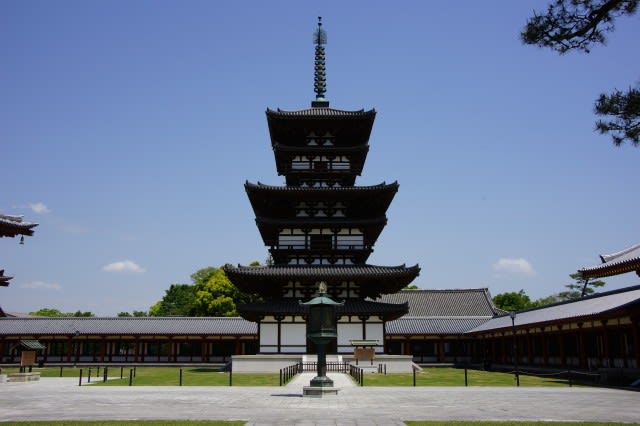The following is from Masayuki Takayama's serial column, which brings the weekly Shincho released today to a successful conclusion.
This article also proves that he is the one and only journalist in the postwar world.
It is a must-read not only for the Japanese people but for people all over the world.
Japan was great!
Junius, a 15-year-old Sinhalese boy, never forgot the majesty of the battleship "Katori" he saw at the wharf in Colombo and the impression it made on him.
Although he could not see it, the 16,000-ton battleship was manned by the Japanese Prince Hirohito.
On his way to Britain, he had stopped in the British colony of Ceylon.
Even so, the boy could see an officer with a similar complexion to his own busily coming and going on the ship.
The Japanese Navy was amazing.
In the year before the boy was born, they had fought the Russian fleet off Tsushima and sunk every one of them.
In World War I, they used airplanes for the first time to capture the German fortress of Qingdao and won.
They also went to the Mediterranean to protect Allied ships from the threat of U-boats.
The Japanese are not only strong in war.
At the Paris Conference last year, they represented the Third World in proposing racial equality.
However, the world, including Ceylon, where the boy lived, was ruled by whites.
The white countries forcibly scrapped the Japanese proposal.
Nevertheless, "the people of Asia who wanted independence felt a strong sympathy for the aspirations of the Japanese," the boy said much later.
The boy changed from then on.
He abandoned Christianity, which was the form of upper-class Sinhalese children, and turned to Buddhism, the same as his people.
He also abandoned the world of law, which his father, a Supreme Court judge, had followed, to become a politician.
Then Junius saw the Japanese army again. This time, they came from the sky.
Japan was the only nation to challenge the white countries that had divided the world with their colonial imperialism.
First, it buried the U.S. Pacific Fleet at Pearl Harbor.
Two days later, he sank the British battleship Prince of Wales off the coast of French Indo-China.
In the Indian Ocean, there was the British Oriental Fleet.
The Australian and Dutch fleets were a large fleet of three aircraft carriers, five battleships, and six cruisers.
The war began with an air raid on the British port of Trincomalee in Ceylon by Japanese aircraft.
Hearing the sound of bombing, Junius knew that the Japanese had finally entered the Indian Ocean.
The British fleet, which had fled outside the port, was captured, and the carrier Hermes and two heavy cruisers were sunk.
The Royal Navy's sphere of influence retreated to Madagascar.
For three years, until they returned, the Japanese gave the countries of Southeast Asia a unified language and an army of their own.
The Japanese also embarked on a war to liberate British India and were annihilated by a counterattack when they reached Kohima.
However, "the aspirations of the Japanese people" bore fruit beautifully after the war.
On September 6, 1951, at the San Francisco Opera House, Indonesia, Vietnam, Ceylon, Cambodia, and other countries that had been colonies of white nations before the war were among the participants in the peace conference against Japan.
Each country's representative gave a short speech on the stage and signed the peace treaty, but before that, U.S. Secretary of State John Foster Dulles gave a model keynote speech.
He said, "Japan was defeated by crushing the hopes of other peoples with violence."
However, the eighth speaker, Junius Jayawardena from Ceylon, rejected Dulles' speech.
He said, "When the peoples of Asia were colonies, only Japan was powerful and free, and we looked up to her as our liberating guardian. We looked up to Japan as the guardian of our liberation. Japan's slogan of mutual prosperity in Asia appealed strongly to us. When the war broke out, the leaders of many countries cooperated with Japan, hoping to liberate their homeland."
He continued, "So," he said, "I am grateful to Japan for not betraying the impression I had as a boy.
"Our country renounces its right to claim reparations from Japan."
In defiance of Dulles' speech, the Egyptian delegation raised some objections, including the inexcusable stationing of U.S. troops in Japan.
On the 70th anniversary of the signing of the peace treaty, a memorial service for President Jayewardene was held at the Sri Lankan Embassy, according to the Sankei Shimbun.
However, both Asahi and Mainichi rejected the article, perhaps because they did not like the deceased's assertion that the last war was right.
Isn't it too much to pretend that they don't see history when they preach that we should face it?




















